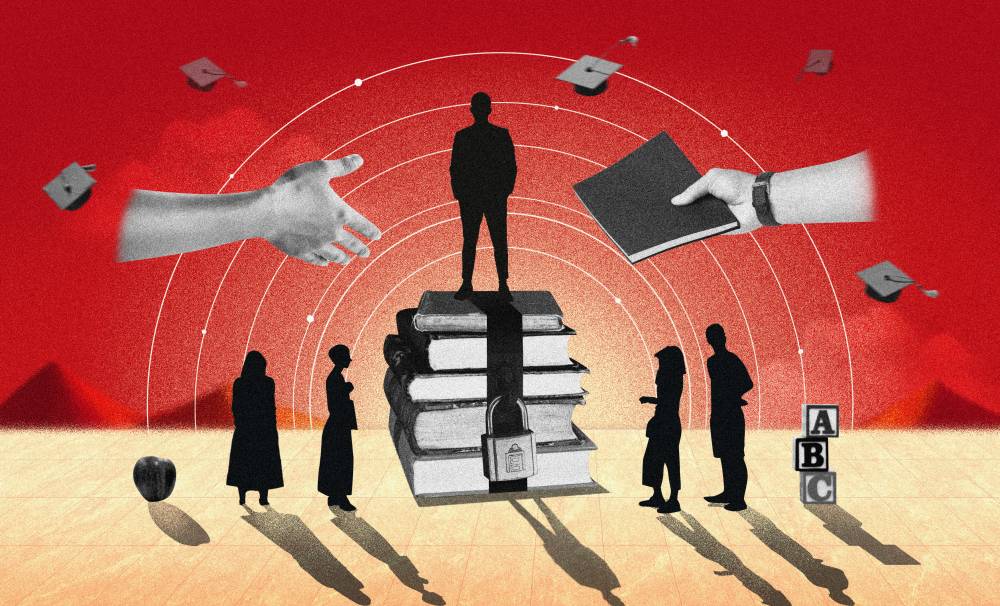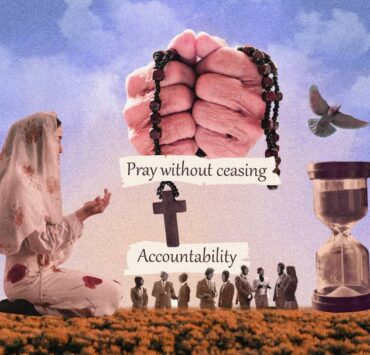The Pilosopo and the power of knowledge

In popular use, the word “pilosopo” refers to someone who seems like they have critical thinking—a philosopher, from which the term was coined. But most of the time, they are just making things way more inconvenient for others. When someone kindly requests that another person stop being “pilosopo,” what they are actually asking for is more empathy and understanding. In short, makiramdam ka naman!
Pilosopo vs philosopher
Unlike actual philosophers, who help guide us to live a more meaningful way of life, the Pilosopo only thinks of their own comfort. They are constantly finding loopholes in things (lusot) that should be common sense, just so they can do what they want to do. For example, someone trying to avoid a chore might say, “Yes, you asked me to clean the dishes—but you did not say when I should do them!”
The Pilosopo is a contrarian, which means they contradict for the sake of contradiction. They often pride themselves on being a “devil’s advocate”—but does the devil really need an advocate?
True philosophers, on the other hand, carefully study arguments and respond in a way that sheds more light on a confusing topic. When they debate with each other, they are trying to get to a shared truth. But the Pilosopo does not care the same way. Most of the time, they just want to fight for the sake of fighting. They are usually very smart, but they often lord their knowledge over others, as if to say, “I am much smarter than you, which means I am also a better person. You are a bug compared to me!”
The pressure is on
But why does this power dynamic exist in the first place? Why do we have pilosopos who think their education makes them better people? Is it because quality education in the Philippines is not always accessible, usually only affordable for our society’s elite? Could it be that many teachers are overworked and underpaid; that most school facilities are dilapidated; that students struggling in their studies are almost always also struggling in their personal lives?
Recent studies have shown that many Filipino children at the age of 10 are not sufficiently literate and yet, continue to be promoted to higher grade levels. Many students also struggle balancing work and study, while also being their families’ breadwinners.
Despite these very real issues in our educational sector, education is still seen by many Filipinos today as the key to success and the solution to poverty. Some jobs that do not seem like they should require a specialized degree still demand that applicants have graduated from any four-year college course. In fact, most jobs require a college degree.
This is why the pressure is on for many, many people.
With great power comes great responsibility
Amid all this, there is a very clear distinction between the Pilosopo and the everyday person. Yes, there is indeed anti-intellectualism and smart-shaming in the Philippines, a weapon that pilosopos sometimes wield, but it is important to see the societal context, too—that many everyday Filipinos are struggling to survive, while “intelligent” people continue to exploit them.
But education is not just a kind of social status or form of power, which is how the Pilosopo uses it. It can and should be a form of liberation. It can free the mind and open a person’s horizons of possibility.
There is a reason why authoritarian governments throughout history have heavily controlled educational systems and censored free thinking: Iron-fisted leaders know that the pen is mightier than the sword. In our own history, most of our great revolutionaries were also intellectuals—that is, Ilustrados—who wrote poems, essays, and novels about our shared condition, and our potential future.
Maybe the Pilosopo can start to reclaim the tradition of the true philosopher. Maybe they can be champions of education, rather than gatekeepers of knowledge. We need more pilosopos—but not the stubborn, pretentious kind who encourages the gap between “knowledgeable” and “ignorant.”
We need pilosopos who can actually be bearers of light, who have the potential to be great teachers for the everyday Filipino.

















